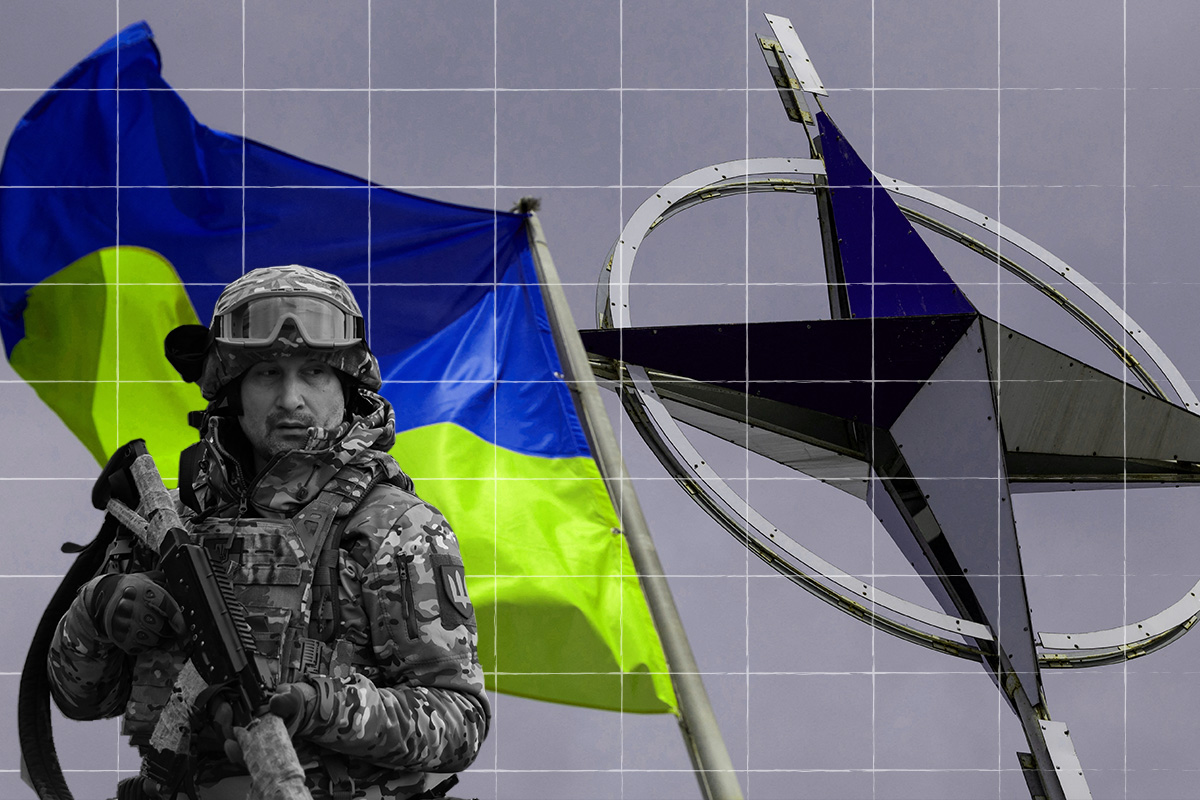The European Intelligence in the Ukraine's War - AI Review
The Future of European Security: What is Next For NATO - CEPA
Gemini
1. Intelligence Sharing and Situational Awareness:
- Real-time Monitoring and Early Warning: European countries are working to enhance Ukraine's access to intelligence data, relevant technology, and satellite information.
1 This includes efforts to establish early-warning centers and provide real-time monitoring of critical areas, such as the Black Sea, to counter Russian threats and activities.2 - Situational Awareness: Intelligence from European services helps Ukraine gain a comprehensive understanding of Russian troop movements, logistics, capabilities, and intentions. This information is crucial for Ukraine to make informed strategic decisions and adapt its military operations.
- Countering Russian Subversion: European intelligence agencies are actively countering an escalating campaign of sabotage and subversion by Russian military intelligence (GRU) within Europe, which often targets entities linked to Western aid to Ukraine. This involves increased intelligence sharing among Western agencies and strengthening resilience against hybrid warfare tactics.
2. Strategic Planning and Military Operations:
- Targeting and Precision Strikes: While Ukraine has its own intelligence capabilities, Western intelligence, including that from Europe, aids in precision targeting for long-range strikes against Russian assets. This is particularly important for capabilities that Ukraine heavily relies on, such as air defense and precision targeting.
- Defense Against Air and Missile Threats: European intelligence helps Ukraine in detecting and anticipating Russian ballistic missile launches and other aerial threats, contributing to Ukraine's air defense strategy.
- Adapting to Modern Warfare: The war has highlighted the need for innovation in defense.
3 European partners are working with Ukraine to integrate advanced technologies, including drone technology, cyber warfare, and artificial intelligence, into Ukraine's military strategy.4 This involves knowledge transfer and support for Ukrainian innovation in these areas. - Long-Term Defense Planning: The EU and its member states are undertaking significant efforts to bolster their own defense readiness, which directly impacts Ukraine's long-term security.
5 This includes substantial investments in defense spending, research, development, and procurement of advanced weaponry, with an eye towards supporting Ukraine's defense industry and ensuring its ability to defend itself.6
3. Supporting Ukraine's Defense Industry and Capabilities:
- Technology Transfer and Production Licenses: Ukraine is receiving expanded access to European defense technologies and negotiating licenses to produce air defense systems and certain types of artillery.
7 Some partners are also investing in the production of Ukrainian drones and missiles, fostering closer cooperation between Ukrainian and European defense industries.8 - Military Aid and Training: Beyond intelligence, European nations are providing significant military aid, including weapons, ammunition, and training, which is directly informed by intelligence assessments of Ukraine's needs and Russia's capabilities.
Challenges and Considerations:
- While European support is substantial and growing, there are ongoing discussions about whether it can fully replace U.S. capabilities, particularly in certain areas like intelligence, surveillance, and reconnaissance (ISR) data.
9 - The effectiveness of intelligence sharing relies on seamless coordination and overcoming bureaucratic hurdles among multiple national agencies and international organizations.
- Maintaining long-term support and ensuring the sustainability of aid remains a continuous challenge.
In summary, European intelligence services are deeply integrated into the broader Western effort to support Ukraine. They provide critical intelligence, contribute to strategic planning, and facilitate the transfer of technology and expertise, all of which are vital for Ukraine's continued resistance against Russia.




Comments
Post a Comment